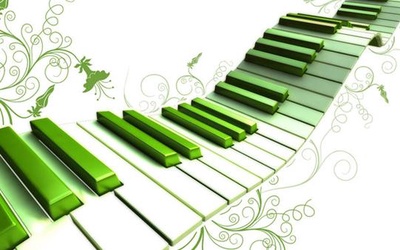4 Reasons to learn Music Theory
music theory

"The more You learn about theory and music, the more you will be able to play instruments."
What is Music Theory?
Music theory includes all musical concepts, knowledge, methods and techniques composers and other musicians use in creating music.
To hear what you see
It's the ability to see a piece of music on the written page and perform it in your mind. You must hear the music in an "inner" ear which is as loud and as real to you as if you were hearing someone play it. You can do this through singing and clapping (sight-singing, sight-clapping). It's a performance that is self-contained within your body. You don't need other equipment. Singing out loud reinforces your inner performance.
To play what you want
When performing music, you must be able to execute accurately what you see, or what you have in your head. Part of this depends upon your technical proficiency on your instrument or voice. Part of this depends upon your internal sense of pitch, rhythm, dynamics, and so forth. You may see a passage in the music and try to play it, but be unsuccessful because you cannot tune the intervals accurately. You may know intellectually what a tuplet is, but be unable to play one because your sense of time may not be sufficiently developed. The goal of each singing/playing an echo exercise you study is not to replicate that one particular melody or rhythm, but rather to learn skills and strategies that apply to all music that you encounter.
To reconcile sight and sound
You must develop the ability to detect and correct discrepancies between the written music and music you play/hear. You must be able to identify wrong notes or, rhythms occur to fix them. These involve comparing the audition with your inner performance of the score-thus you must also be able to hear what you see.
To understand what you hear
It's the first Music Theory goal. As a performer, it is necessary to enjoy a more involved listening experience. Start learning to listen with critical thinking. Make a habit of listening and comparing different musical interpretations. Try to write down what you here in other to have a visual representation of the music. You will learn to hear more and here better by writing it down. Use short and easy songs/themes/passages. Pause your track after approx 2-4 bars.
For early beginners, I would recommend as the first step to draw what the music they think express. Kids must be familiarized with the audition. They can latter start to identify the pulse, rhythm pattern or melody ones.
